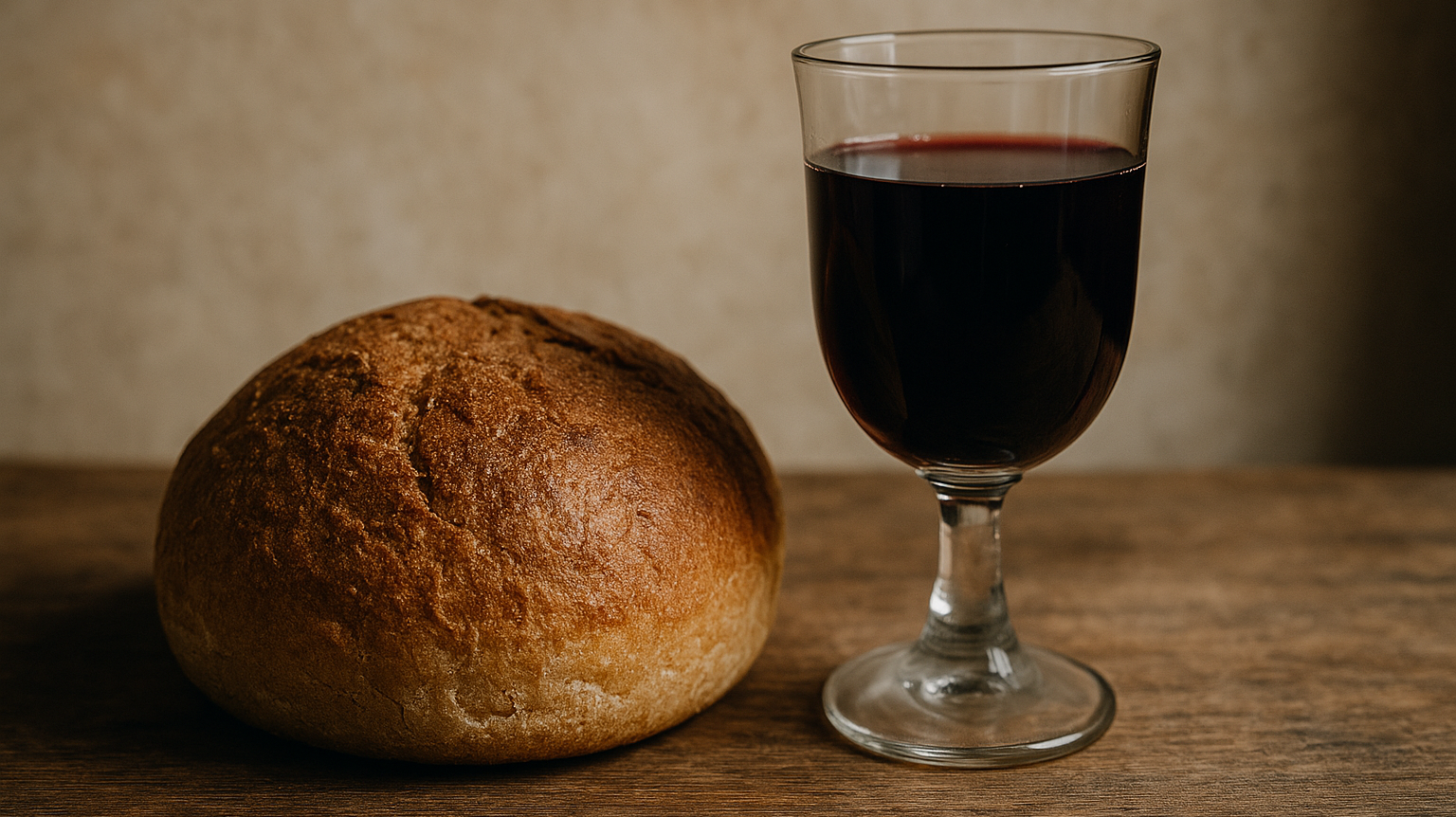Fasting is a powerful spiritual practice seen throughout the Bible. It is more than just abstaining from food—it is a way to draw closer to God, seek His guidance, and show humility before Him. Biblical fasting is often linked to prayer, repentance, and worship.
What Is Biblical Fasting?
In the Bible, fasting means voluntarily giving up food (and sometimes drink) for a set period to focus on God. It is not just a physical act but a spiritual discipline that helps believers grow in their faith. Fasting is often done alongside prayer to seek God's will, ask for His help, or express repentance.
There are different types of fasting seen in Scripture:
- Absolute fast – No food or water is consumed (Esther 4:16).
- Normal fast – Abstaining from food but drinking water (Luke 4:2).
- Partial fast – Avoiding certain foods, like in Daniel’s fast (Daniel 10:3).
Examples of Fasting in the Bible
Moses Fasted for Revelation
Moses fasted for 40 days on Mount Sinai while receiving the Ten Commandments (Exodus 34:28). This shows how fasting can prepare a person to hear from God.
David Fasted for Mercy
When David’s child was ill, he fasted and prayed for God’s mercy (2 Samuel 12:16-23). Though his child still passed away, David’s fasting demonstrated his dependence on God.
Esther Fasted for Protection
Queen Esther and the Jews fasted for three days before she approached the king to save her people (Esther 4:16). This fast was an act of desperation and faith.
Jesus Fasted for Spiritual Strength
Before beginning His ministry, Jesus fasted for 40 days in the wilderness (Matthew 4:2). This fast prepared Him for the temptations of Satan and the work ahead.
The Early Church Fasted for Guidance
The early church fasted when making important decisions, like appointing leaders (Acts 13:2-3). This shows how fasting helps believers seek God's direction.
Reasons to Fast According to the Bible
1. To Seek God’s Guidance
When facing big decisions, people in the Bible often fasted. In Acts 14:23, church leaders fasted before choosing elders.
2. For Repentance and Humility
Fasting is a sign of humility and repentance. The people of Nineveh fasted after Jonah’s warning, and God spared them (Jonah 3:5-10).
3. To Overcome Spiritual Battles
Jesus said that some spiritual battles require both prayer and fasting (Matthew 17:21). Fasting strengthens believers spiritually.
4. To Worship and Draw Closer to God
Anna, a prophetess, fasted regularly as part of her worship (Luke 2:37). Fasting can be an act of devotion.
5. To Express Grief or Sorrow
David fasted when mourning Saul and Jonathan (2 Samuel 1:12). Fasting can be a way to process sorrow before God.
How to Fast Biblically
If you feel called to fast, here are some biblical guidelines:
- Have a Purpose – Know why you are fasting (seeking God’s will, repentance, intercession, etc.).
- Pray During Your Fast – Replace meal times with prayer and reading Scripture.
- Start Small – If new to fasting, begin with a short fast and gradually increase.
- Listen to Your Body – If health concerns arise, consider a modified fast like the Daniel fast.
- Break the Fast Wisely – Eat lightly after a fast to avoid health issues.
Should Christians Fast Today?
Jesus expected His followers to fast, saying, "When you fast…" (Matthew 6:16), not "if you fast." This suggests that fasting is still relevant today. Many Christians fast for spiritual renewal, breakthrough, or to grow closer to God.
Fasting should not be about legalism or trying to impress others. Jesus warned against hypocritical fasting done for attention (Matthew 6:16-18). Instead, fasting should be a personal act of faith.
Final Thoughts
Fasting is a powerful tool for spiritual growth. Whether seeking wisdom, repenting, or worshiping, fasting helps believers focus on God. By looking at biblical examples, Christians today can practice fasting as a way to deepen their faith and draw nearer to God.
























